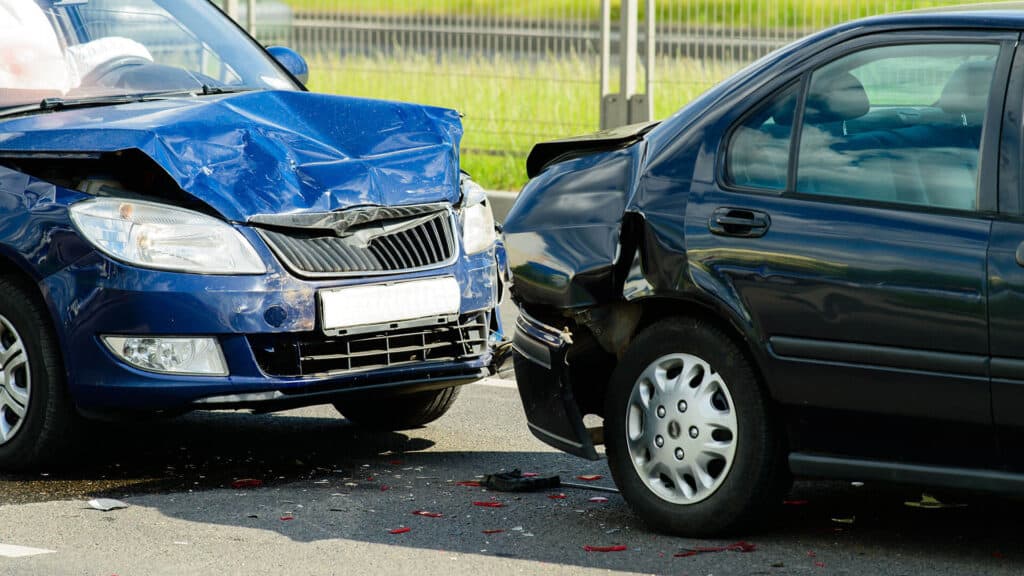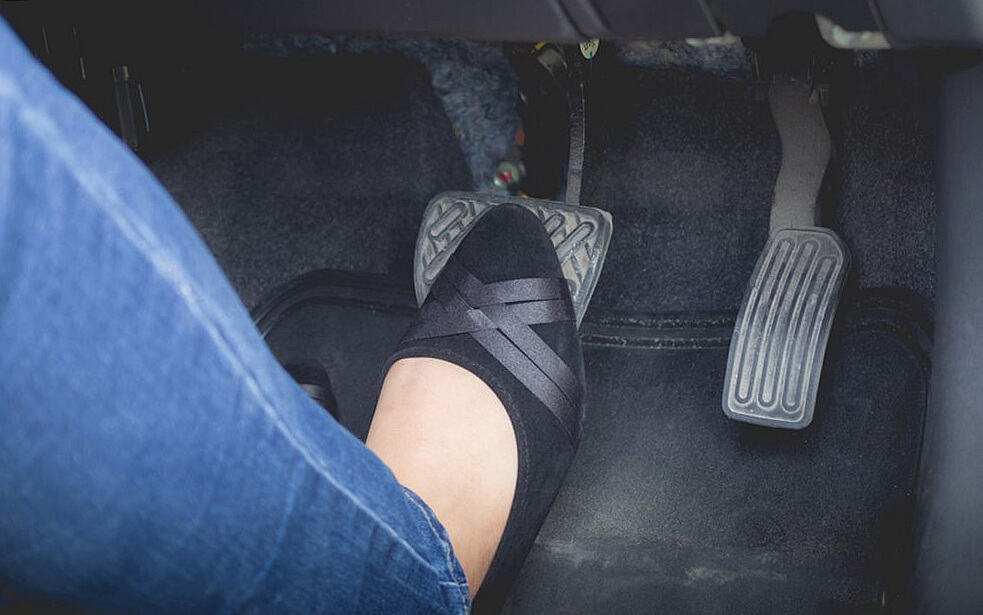What to Do When Your Brake Calipers Fail on the Road
Recognizing the Signs: Brake caliper failure is often signaled by changes in your vehicle’s braking performance. You might notice pulling to one side when braking, a decrease in braking power, or unusual noises during braking. One significant symptom is a car that pulls to one side when brakes are applied, suggesting that one caliper is functioning properly while the other is not. Sudden or excessive brake pad wear, uneven rotor wear, or leaking brake fluid are additional telltale signs of brake caliper failure.
The Risks Involved
One of the significant risks associated with driving with a faulty brake caliper is the potential loss of vehicle control. A malfunctioning caliper can cause your car to pull to one side when you apply the brakes. This uneven braking can make it challenging to steer your vehicle, especially during emergency braking situations. It’s crucial to maintain full control over your vehicle at all times to ensure safe driving, so any indication of your vehicle pulling to one side should be addressed promptly.
A faulty brake caliper can also lead to excessive wear on your brake pads and damage to your rotors. If a caliper sticks, it may keep the brake pads in contact with the rotor even when you’re not braking, causing the pads to wear down faster. In turn, the worn pads can damage the rotors, leading to a rough driving experience and ineffective braking. Over time, these issues can result in costly repair bills.

Perhaps the most dangerous risk associated with a faulty brake caliper is the potential for brake failure. If a brake caliper fails completely, it could lead to a significant loss in braking power, or in severe cases, the brakes could fail entirely. Driving with compromised brakes is incredibly dangerous and could potentially lead to accidents. Therefore, if you suspect any issues with your brake calipers, it’s essential to have them inspected and repaired immediately to ensure your safety on the road.
Understanding the Severity: A bad brake caliper can have serious implications for your vehicle’s braking performance and safety. A stuck caliper can cause the brake pads to wear unevenly or overheat, which can lead to reduced brake effectiveness and even brake failure. Meanwhile, a leaking caliper can result in a loss of brake fluid, which can also lead to reduced braking power or a complete loss of braking.
On-the-Road Solutions
Moving to a Safe Location: The first step to take when you suspect your brake caliper is stuck while driving is to move your vehicle to a safe location, away from traffic. It’s crucial to avoid busy roads and highways to prevent possible accidents. Navigate your vehicle carefully and slowly to minimize the chance of causing additional damage to the braking system.
Attempting a Quick Fix: In some cases, it might be possible to unstick the caliper by lightly tapping it with a rubber mallet. However, this solution should only be attempted if you’re comfortable with car mechanics and have the right tools on hand. The objective here is to jolt the caliper loose without causing any damage to the component or the rest of the brake system.
Calling for Professional Help: If the quick fix doesn’t work, or if you’re not comfortable trying it, the next best step is to call for professional help. It could be your mechanic, but in most cases, a roadside assistance service would be more appropriate, especially if you’re in an unfamiliar location or it’s outside regular business hours. Remember, your safety comes first, and professionals are equipped with the necessary tools and knowledge to handle such situations efficiently and effectively.
Dealing with a Broken Caliper Piston: A broken caliper piston is a severe issue, and driving with this problem is not advised. The piston is a crucial part of the caliper that helps apply pressure to the brake pads. If it’s broken, your braking power will be significantly reduced, putting you and other road users at risk. The best course of action in this case is to have the vehicle towed to a professional mechanic for repair.
Prevention and Maintenance
Regularly checking your brake fluid levels is a critical aspect of brake caliper maintenance. Brake fluid plays a crucial role in your vehicle’s braking system. It transfers the force of your foot pressing the brake pedal to the calipers, which then apply pressure to the brake pads. Low brake fluid levels can lead to reduced braking power and, in severe cases, brake failure. Therefore, keeping an eye on your brake fluid levels and topping up when necessary can help prevent brake caliper failure.
One of the telltale signs of potential brake caliper problems is uneven brake pad wear. If one brake pad wears out faster than the other, it could indicate a sticking brake caliper that’s causing the brake pad to remain in contact with the rotor even when you’re not braking. Regular inspection of your brake pads for signs of uneven wear can help you catch and address brake caliper issues before they result in failure.

Professional inspection of your brake system is another essential preventative maintenance task. A professional mechanic has the expertise to spot early signs of wear and tear in your brake calipers and other components of your braking system. They can identify potential issues before they become serious, helping to prevent brake caliper failure and costly repairs.
Lastly, it’s crucial to pay attention to your vehicle’s braking performance. If you notice any changes, such as your vehicle pulling to one side when you brake, reduced braking power, or unusual noises when braking, it’s time to have your vehicle inspected. These could be signs of brake caliper problems or other issues with your braking system. Ignoring such changes can lead to more serious problems down the line, including brake caliper failure. By taking action at the first sign of trouble, you can keep your braking system in good working order and prevent further damage.
Conclusion
Experiencing brake caliper failure while on the road can be a stressful and dangerous situation. Understanding the signs of caliper failure, the risks involved, and what to do if it occurs can help you handle the situation safely and effectively. Remember, regular maintenance and prompt attention to any braking irregularities are the best ways to prevent brake caliper failure and ensure the safety of your vehicle.
